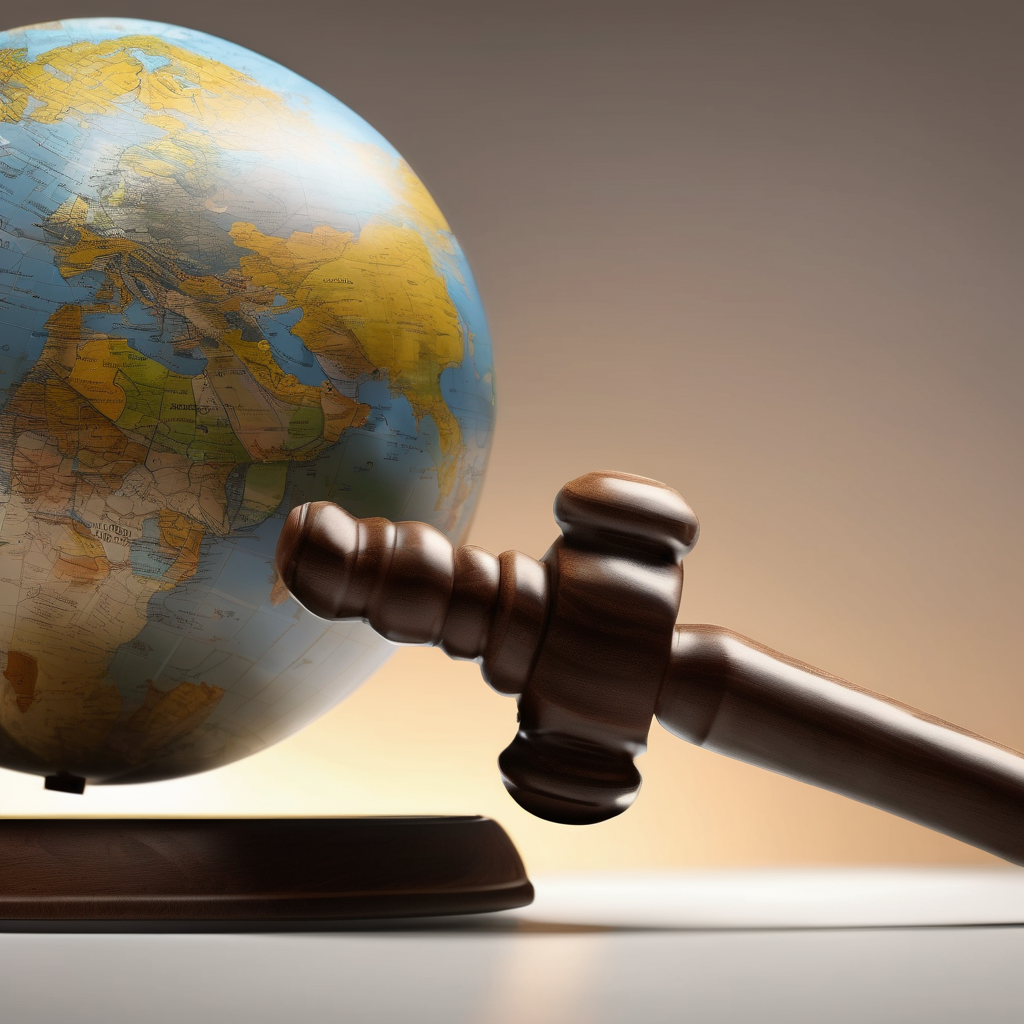Torres Strait and Pacific advocates are preparing to make their voices heard at the COP30 climate talks in Brazil this week. Among them is Climate Collective Zenadth Kes’ Barbara Ibuai, who aims to push for significant outcomes that align with the recent landmark advisory opinion from the International Court of Justice (ICJ). This ruling emphasized that major polluting states have a duty to reduce climate harm and take ambitious mitigating actions, providing advocates with renewed confidence to influence climate diplomacy.
Ibuai emphasized the stakes in her discussions, articulating the urgency of the situation. “It’s about common good, it’s about humanity,” she remarked. She stressed that discussions must include perspectives from Torres Strait Islanders, who feel neglected despite the dire ecological impacts they face, including rising sea levels. Ibuai expressed a need for her region to unite with their Pacific neighbors, underscoring the importance of building networks for a common cause.
Torres Strait climate advocacy has garnered international recognition, notably at the recent Pacific Islands Forum leaders meeting in Honiara. Ibuai echoed sentiments from past advocates such as McRose Elu, who urged more ambitious climate targets from the Australian government. Elu has called for halting fossil fuel subsidies and mining, and the message resonates strongly as communities face increasing climate-related disasters like floods and heatwaves.
The urgency for action is highlighted by ongoing discussions about transitioning to clean energy sources and phasing out fossil fuel production, which Ibuai argues is critical for survival. “The evidence of climate harm speaks for itself,” she stated, underscoring the impacts on both the Torres Strait and broader Australia. Ibuai’s previous experiences at COP29 emphasized the need for stronger commitments from major emitters like Australia, which has faced criticism for its insufficient emission reduction targets and continued approval of new fossil fuel projects.
Australia’s bid to co-host COP31 next year is backed by the Pacific nations, although it faces competition from Türkiye. The decision is anticipated soon and is pivotal as advocates hope for alignment of climate action that prioritizes both Australian and Pacific interests.
In navigating this climate crisis, advocates remain hopeful. The increased visibility of the ICJ’s advisory opinion can empower communities across the Pacific to demand accountability from polluting states. As climate negotiations unfold, the spotlight on regional vulnerabilities is crucial to ensuring they are addressed in future policies. The collective voice of the Torres Strait and Pacific communities has the potential to inspire genuine climate action that safeguards the future for generations to come.
